7 Pipedrive Alternatives in 2025 That Help You Sell Smarter
Not every CRM suits every business. While Pipedrive offers solid sales tracking, easy drag-and-drop pipelines, and clean visuals, it might not meet all your needs. Perhaps you require deeper automation, better integration, or a more cost-effective solution. Fortunately, 2025 presents a wealth of robust CRM alternatives.
We’ve compiled a list of seven outstanding Pipedrive alternatives to help you find a CRM that aligns perfectly with your sales goals. Each option offers unique features, so there’s likely one that matches your specific requirements.
The 7 Best Pipedrive Alternatives in 2025
HubSpot CRM
HubSpot CRM is a versatile platform that offers a comprehensive suite of tools without an upfront cost. Its free plan includes contact management, email tracking, deal pipelines, and meeting scheduling. The user-friendly interface makes it accessible even for CRM beginners, while its scalability supports growing businesses.
However, be mindful of add-on costs, which can escalate quickly. HubSpot CRM is ideal for teams seeking a reliable and scalable solution backed by a renowned name in the industry.
Zoho CRM
Zoho CRM stands out by offering a wide array of integrated tools within its business suite, minimizing the need for third-party apps. While the interface may not be flashy and requires some acclimatization, it boasts advanced automation, AI suggestions, email templates, and scoring rules.
If you need more than basic deal tracking and can handle a slight learning curve, Zoho is a compelling option.
Freshsales by Freshworks
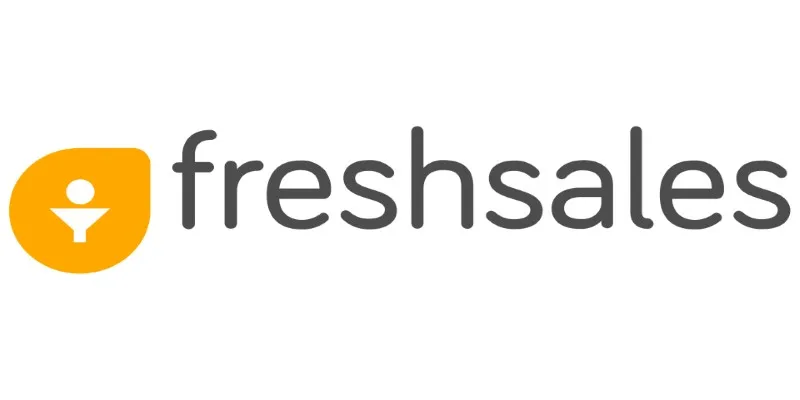
Freshsales has quietly evolved into one of the smoothest CRMs available in 2025. It excels at merging communication with sales, offering built-in calling, email, activity tracking, and AI-powered lead scoring—all within a single platform.
Particularly well-suited for startups and mid-sized companies, Freshsales has a gentler learning curve compared to more complex tools like Salesforce or Zoho.
Close
Close is designed to enhance sales productivity, featuring seamless built-in calling and SMS functions, along with email sync to reduce manual updates. It’s perfect for teams focusing on high-volume outbound outreach.
While not the best choice for those seeking an all-in-one sales and marketing solution, Close excels for sales-first teams.
Copper
For teams embedded in Google Workspace, Copper is a natural fit. It integrates seamlessly with Gmail, syncs with your calendar, and updates records automatically. Copper offers a simplified workflow by functioning as an extension of your inbox.
Its clean interface, adequate automation, and lightweight setup make Copper an excellent choice for Google-centric environments.
Monday Sales CRM
Known for its project management tools, Monday.com also offers a surprisingly robust sales CRM. Its drag-and-drop logic allows for easy customization to fit your unique sales process.
This flexibility is particularly beneficial for non-traditional sales processes, and integration with the broader Monday ecosystem enables seamless task and project management.
Salesforce Essentials
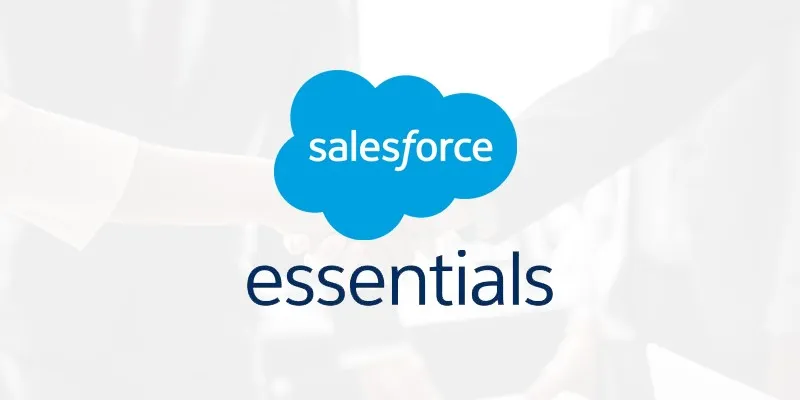
Salesforce is a heavyweight in the CRM world, and Salesforce Essentials offers a more manageable version for smaller teams. It includes essential CRM features like contact management and pipeline views without the complexity of the full version.
While it requires some setup effort, Salesforce Essentials is a great option for teams transitioning from basic CRMs to more advanced solutions.
Final Thoughts
Pipedrive remains a viable option for many teams, but if you’re seeking solutions for specific challenges like automation, integration, or communication tools, these seven alternatives provide diverse offerings. The key is to identify what aligns with your workflow, team size, and sales process.
Choose a tool that feels intuitive and facilitates smooth operations, avoiding those that might hinder your progress. Take the time to explore and test a few options to find the one that genuinely enhances your productivity.
Related Articles
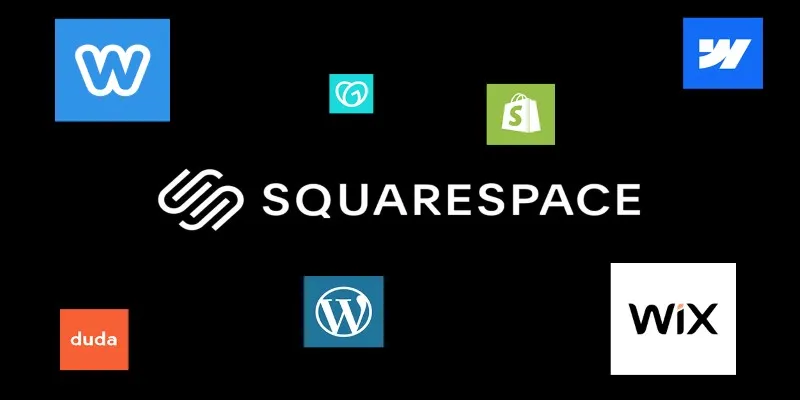
The 6 Best Squarespace Alternatives in 2025 for Custom, Creative Web Design

The 10 Best Email Drip Campaign Software in 2025 to Automate Your Outreach
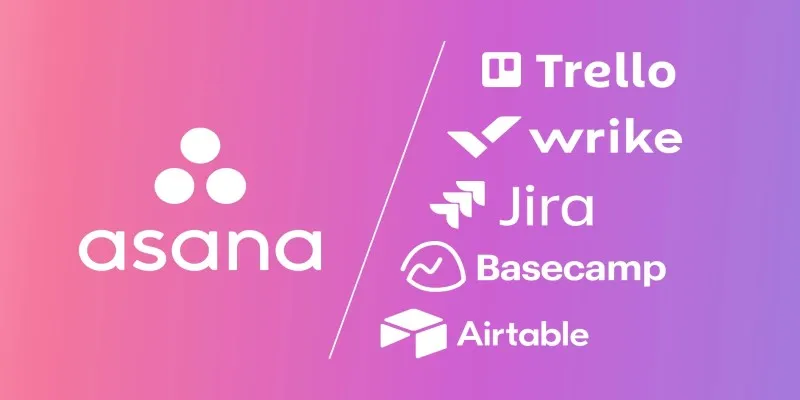
The 9 Best Asana Alternatives in 2025 to Plan, Track, and Deliver Smarter

The 6 Best Pomodoro Timer Apps in 2025 for Maximum Focus and Productivity
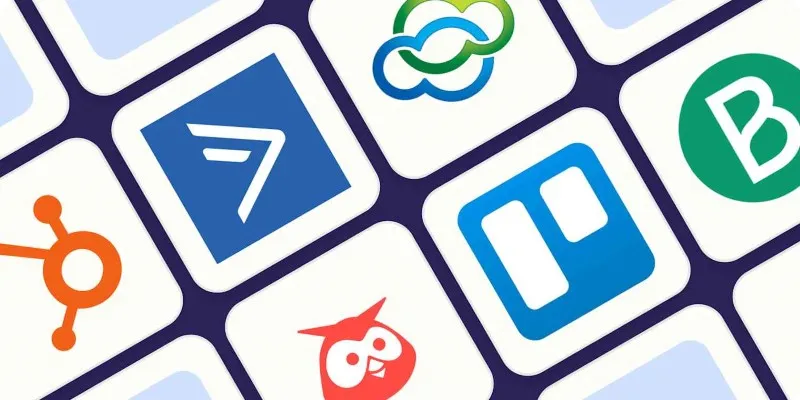
The 10 Best Campaign Management Software Tools in 2025 for Effortless Marketing Success

Top 5 Ways to Automate Google Analytics for Better Efficiency
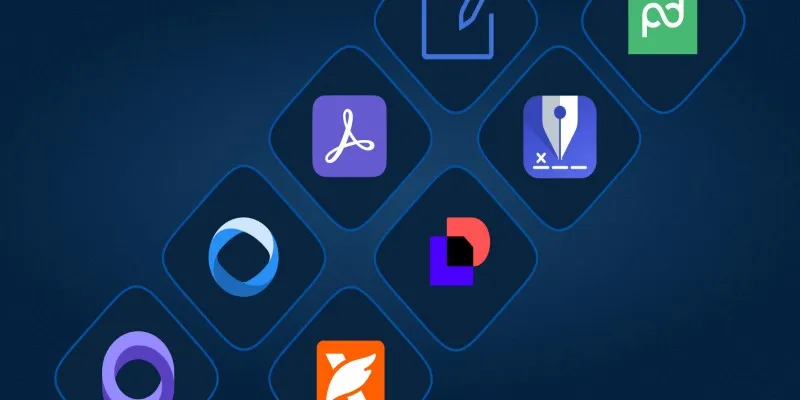
The Best DocuSign Alternatives in 2025 for Simple, Secure E-Signatures
Popular Articles
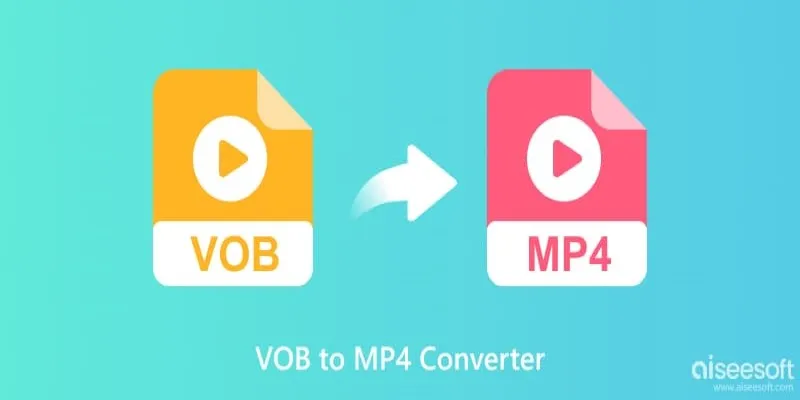
Top 5 VOB to MP4 Converters to Make Your DVDs Digital

ActiveCampaign vs. tinyEmail: Comparing the Best Email Marketing Tools

7 Best Tools to Reduce Video Noise and Enhance Clarity

The 8 Best Note-Taking Apps for iPad: Stay Organized and Boost Productivity

Efficient Text Separation Techniques for Excel and Google Sheets

A Guide to Converting and Editing Videos for Pocket PCs

Top Online Graphic Design Tools for 2025: Canva, Figma, and More

7 Simple Steps to Remove Background Noise from Your Video

Simple Ways to Transfer Files Between Phone and PC

AVCLabs Video Enhancer AI: Is It Really Worth Your Trial?
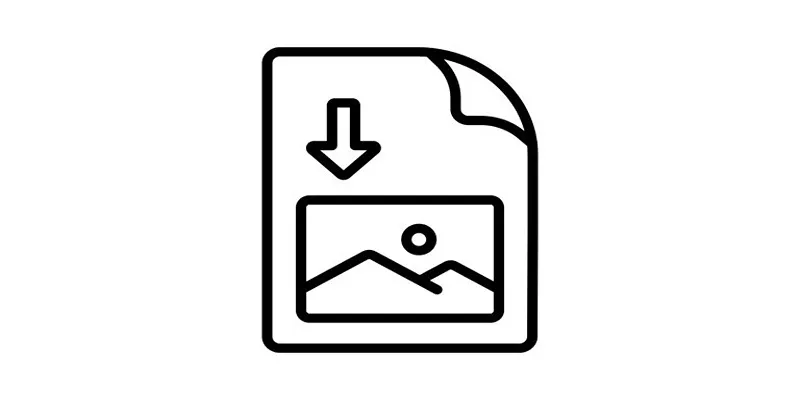
How to Easily Open a DAT File on Windows and Mac

 mww2
mww2